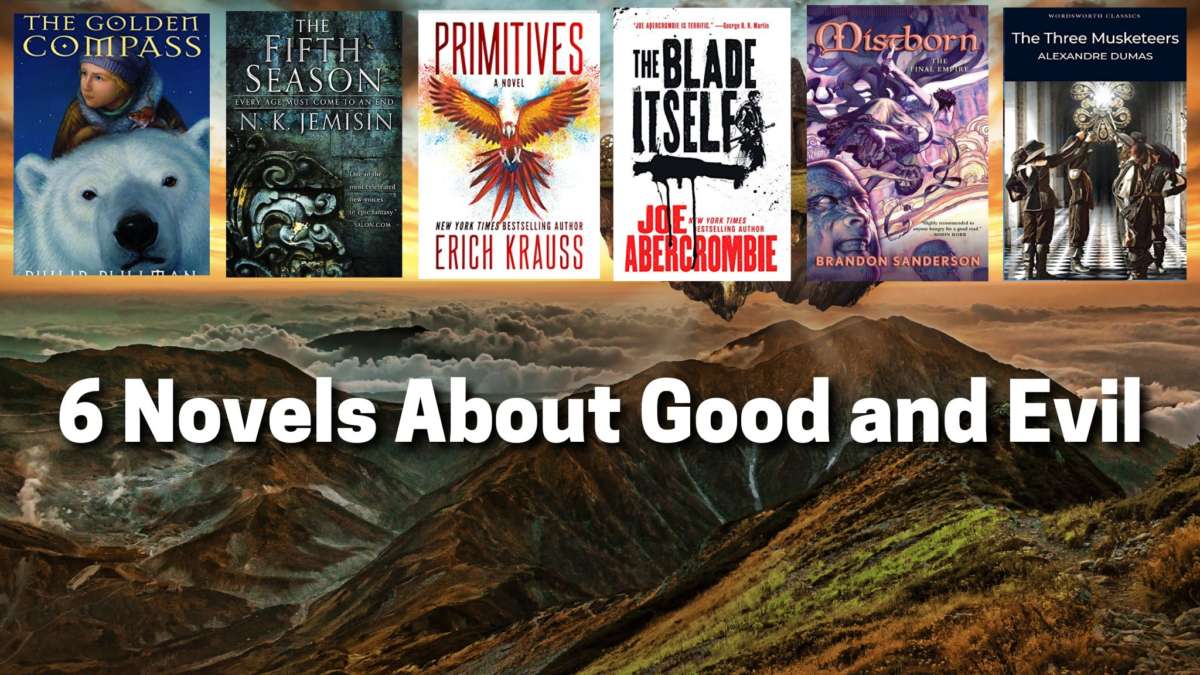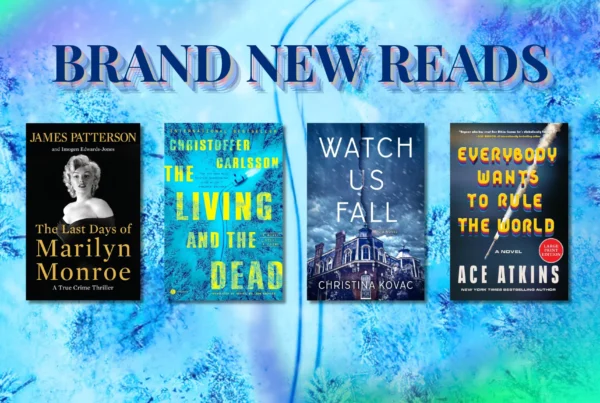Can evil be justified for the sake of the greater good?
Ever since Machiavelli, this has been a question explored by thousands, in nearly every type of media. Not only is it the basis for an excellent philosophical discussion, it also makes for a compelling plot point. Leveraging this question can make for relatable, sympathetic villains and engaging protagonists who must make hard decisions. There’s nothing like a gripping book where you’re never quite sure who to root for. The six books below explore this question and are sure to have you thinking long after you finish the last page.
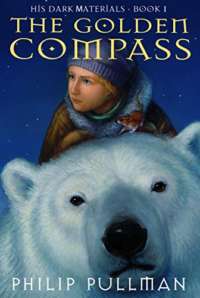
The Golden Compass by Philip Pullman
(Knopf)
Living in an alternate version of Oxford University with her daemon Pantalaimon (Pan), young protagonist Lyra embarks on a quest to find and rescue her friend Roger when he disappears. Armed only with cunning, a silver-tongued way with the truth, and the mysterious alethiometer, you can’t help but fall in love with Lyra and the worlds she walks through. The book is often understood to be a scathing critique of Faith and as such it is the ultimate goal of the villains in the series to eliminate dust (an allegory for sin). The catch however is that doing so fractures the subject’s soul. It doesn’t get much more “do the ends justify the means” than that.
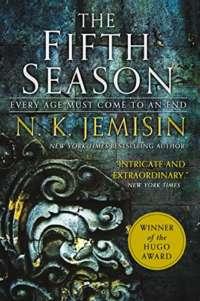
The Fifth Season by N. K. Jemisin
(Orbit)
A sci-fi masterpiece, recipient of many awards, and first entry in the Broken Earth series, this book takes place in the far future, on an Earth that’s completely unrecognizable. The change between seasons no longer means swapping out jeans for shorts. Seasons in this world are massive natural disasters that last decades. The world that N.K. Jemisin builds is unique, unlike anything that’s come before it, drawing on a mix of science fiction and fantasy and grounded in real-life science. Within the novel, there are multiple factions at play, each with their own ideas about how to lead humanity into the future, and each willing to stop at nothing for the sake of the greater good.
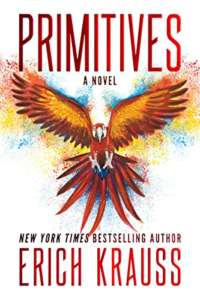
Primitives by Erich Krauss
The world is left crippled after a treatment for widespread disease reverts humanity’s brain function back to stone age levels, leaving those afflicted not much more than savage, mindless animals left to roam the earth. Those who’ve retained their humanity live in isolated communities around the world. In the midst of this, Seth Keller and Sarah Peoples, two separate survivors located thousands of miles apart, make gruesome discoveries that could alter the future of the human race. Little do Seth and Sarah know, their fates will come crashing together in an epic struggle against the powers that be, and they will each have to answer the age-old question of whether or not the ends justify the means.
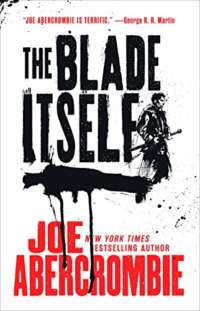
The Blade Itself by Joe Abercrombie
(Orbit)
The first book of The First Law trilogy tells the story of four protagonists who blur the line between hero and villain, each of them coming with their shades of grey. Logan, a down-on-luck barbarian, Glokta, an infamous crippled torturer and Jezal, a glory hungry nobleman form the trio of protagonists. Their fates are controlled by Bayaz – who could either be the First of Magi or a fabulous fraud. Abercrombie has been praised widely for his character development in this series in addition to giving a western frontier feel to the fantasy set up. No character is unilaterally good or bad, and everyone is given the opportunity to be seen through multiple lenses. As a result, even a character who is hated by his previous comrades is seen as “the best man I know” by another character in another time.
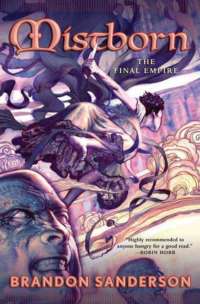
Mistborn by Brandon Sanderson
(Tor)
Brandon Sanderson’s ambitious Mistborn “umbrella” encompasses four series within a world called Scadrial, beginning with a trilogy following an orphan girl in a medieval setting. The second series takes place 300 years later, focusing on best friends living during an Industrial Revolution-like era. Readers who finish the first novel will find themselves struggling with the question: Is it worth committing acts of evil to keep something even worse at bay? With a rich history and an original magic system that flourishes alongside the characters, Mistborn is a must-read.
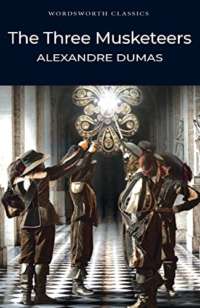
The Three Musketeers by Alexandre Dumas
In this swashbuckling classic, d’Artagnan, not yet twenty, sets off for Paris in hopes of joining the Musketeers, a famous legion of heroes highly favored by King Louis XIII and feared by evil Cardinal Richelieu. By fighting alongside Athos, Porthos, and Aramis as they battle their enemies, d’Artagnan proves he has the heart of a Musketeer and earns himself a place in their ranks. Soon d’Artagnan and the gallant trio must use all their wits and sword skills to preserve the queen’s honor and thwart the wicked schemes of Cardinal Richelieu. Despite Richelieu being the villain, everything he does throughout the story is for what he believes is the good of France. Is one really a villain if they believe they’re doing what’s best for the people?
